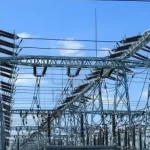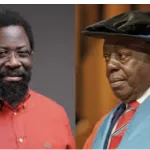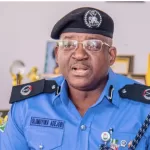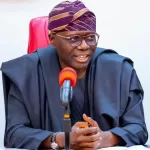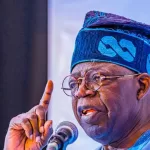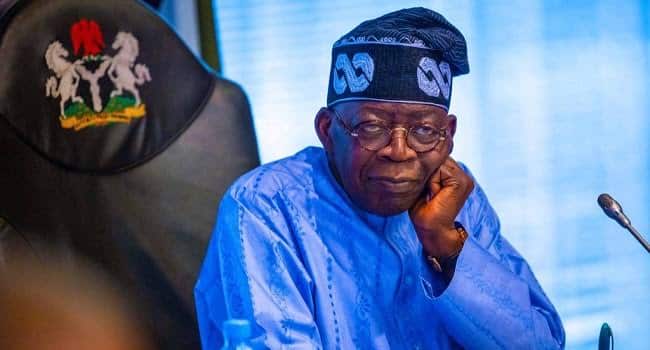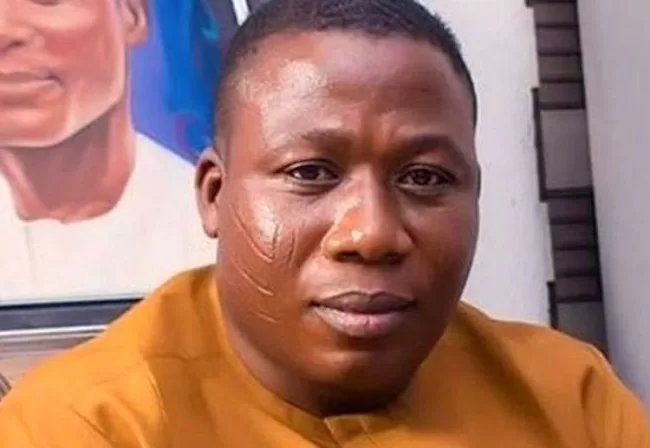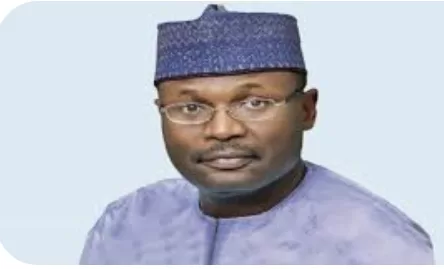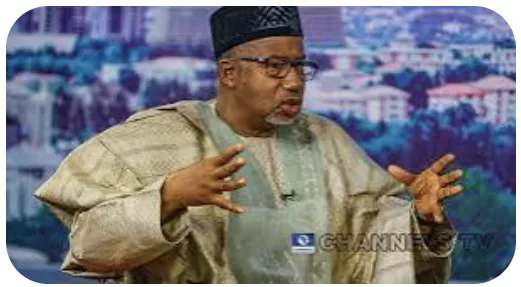On Wednesday, the Senate confirmed Bianca Odimiegwu-Ojukwu as the Minister of State for Foreign Affairs, along with six other nominees, after a nearly five-hour screening.
It was reported that the nominations were finalized through a voice vote led by Senate President Godswill Akpabio, marking a transition following the recent dismissal of several ministers by President Bola Tinubu on October 21, 2024.
Among the newly confirmed ministers is Dr. Jumoke Oduwole, appointed Minister of Industry, Trade and Development. Dr. Nentawe Yilwatda will oversee Humanitarian Affairs and Poverty Reduction, while Muhammadu Dingyadi will be the Minister of Labour and Employment.
Idi Muktar Maiha was also confirmed as the Minister of Livestock Development, Yusuf Ata as Minister of State for Housing, and Dr. Suwaiba Said Ahmad as Minister of State for Education.
This handover follows directives from President Tinubu for an October 30 completion date, with ministries like the Ministry of Women Affairs and Ministry of Tourism already transitioning to new leadership.
In a procedural shift earlier in the session, the Senate, led by Senate Leader Opeyemi Bamidele, suspended its rules to allow the President’s Special Adviser on Senate Matters, Basheer Lado, to introduce the nominees for screening.
President Tinubu’s nominations had been announced by Akpabio the previous Thursday, setting the stage for the in-depth reviews that followed.
During the screenings, Bianca Odimiegwu-Ojukwu spoke of the critical funding shortfalls facing Nigerian embassies, limiting maintenance capabilities and damaging Nigeria’s international image. Reflecting on her term as Nigeria’s ambassador to Spain, she shared, “In most missions, because of no more funding, most ambassadors are constrained when it comes to refurbishments.”
She expressed concern over how such financial constraints affect the nation’s stature and requested that the government prioritize embassy upkeep.
“This shortage of funds prevents embassies from showcasing Nigeria’s stature, impacting the country’s standing on the global stage,” Bianca continued. “It is unfortunate because a lot of embassies are going through this situation, and it has, to a large extent, diminished our standing around the world.”
She emphasized the need for dignified diplomatic representations, asserting that embassies should reflect Nigeria’s true standing, especially as they host foreign delegations and foster global exchanges.
On trade and investment, Dr. Oduwole outlined an economic vision centered on foreign investment, job creation, and productivity growth.
She acknowledged the recent economic stabilization efforts under President Tinubu’s administration and stressed the importance of harmonizing monetary, fiscal, trade, and industrial policies.
“Since the commencement of President Bola Tinubu’s administration, key reforms in monetary and fiscal policy aimed at stabilising the economy have started to deliver some results,” she noted.
Citing a concerning decline of nearly 86% in Nigeria’s foreign direct investment over the last five years, Oduwole highlighted an urgent need to attract and retain investment.
“If confirmed, I would focus on three priority areas: investment, retention and attraction, boosting exports and foreign exchange earnings, and creating productive jobs through a vibrant domestic industry,” she explained.
She referenced the recent $3 billion investment commitment from Jindal Steel Africa as evidence of the administration’s progress, along with innovative projects like IT exports through companies such as Outsource Global, which employs young Nigerians in IT, earning foreign exchange without the need for emigration.
Maiha, who hails from Adamawa State, introduced his vision for transforming Nigeria’s livestock sector. He advocated for utilizing the country’s 417 grazing reserves as a sustainable solution to the ongoing farmer-herder conflicts.
“The 417 grazing areas in the country would be made to be practically suitable livestock businesses by ensuring that they have sufficient grass and water to contain those animals,” he stated, urging for cooperation among the National Assembly, state governors, local government, and communities.
However, Senators Akpabio and Muntari Dandutse encouraged Maiha to consider advanced models of livestock management as seen in countries like China and the Netherlands.
Excitement and praise for the appointments were expressed by several lawmakers. Senator Enyinnaya Abaribe of Abia State commended President Tinubu for promoting “Government of National Unity” by including leaders from various political backgrounds, specifically citing Bianca Ojukwu, a member of the All Progressive Grand Alliance.
Akpabio echoed Abaribe’s sentiments, celebrating Tinubu’s decision to assign portfolios along with each nominee, a step which he described as unprecedented in Nigeria’s history.
A humorous moment during the session arose when Senator Rufai Hanga of Kano expressed his feelings of “threat” by the nomination of Yusuf Ata from his senatorial district, humorously citing Ata’s political influence as a “political juggernaut.”
Hanga clarified his support for Ata, despite the friendly rivalry. Akpabio lightheartedly reassured Hanga, commending the sense of unity transcending party lines.
Senator Abdulrahman Kawu Sumaila of Kano South backed Ata’s appointment, urging his colleagues to allow the nominee, a former Kano State House Assembly Speaker, to “take a bow and go.” In support, Deputy Senate President Barau Jibrin praised Tinubu’s deep knowledge of Nigeria’s diverse regions and commitment to inclusive governance.
“Our President started from scratch to the top,” Jibrin remarked, highlighting Tinubu’s unique ability to engage with stakeholders nationwide.

